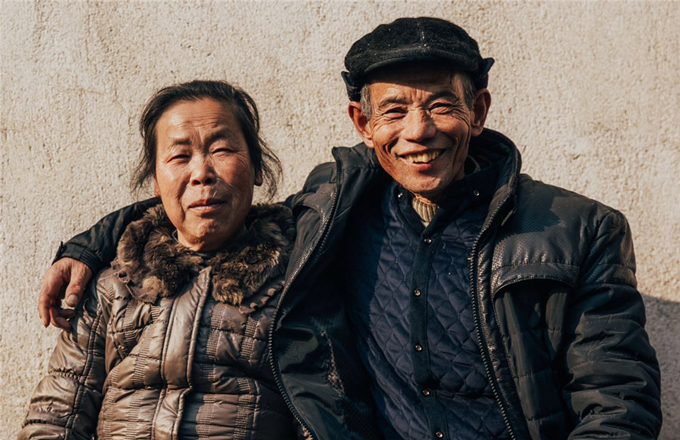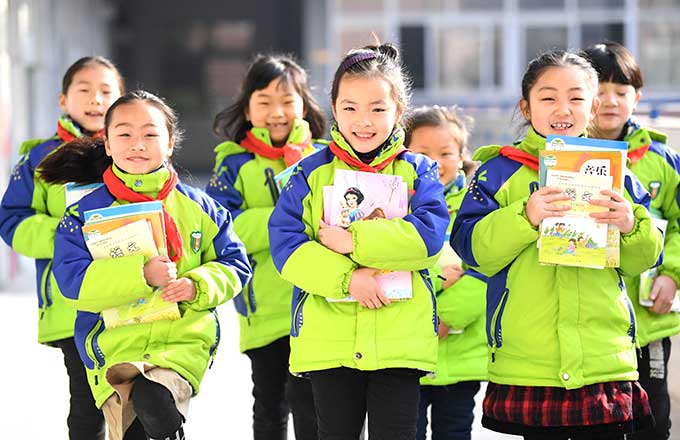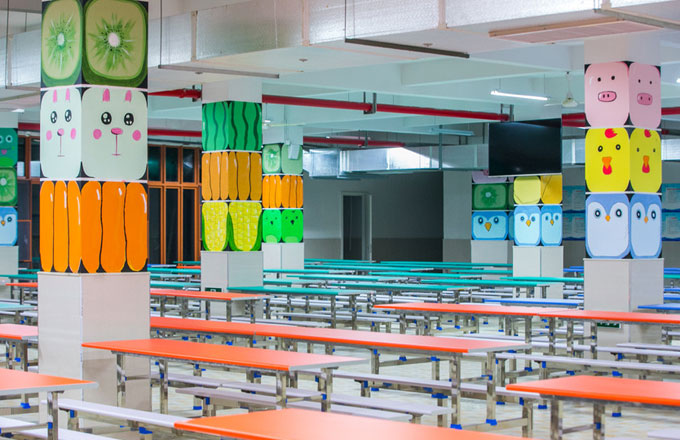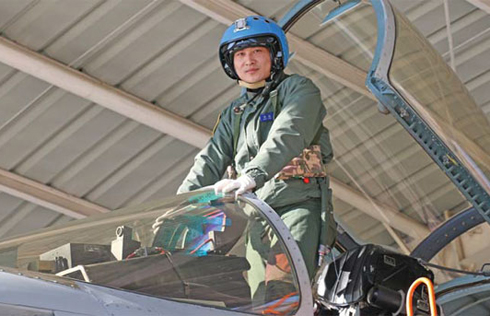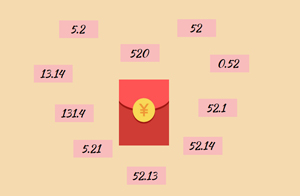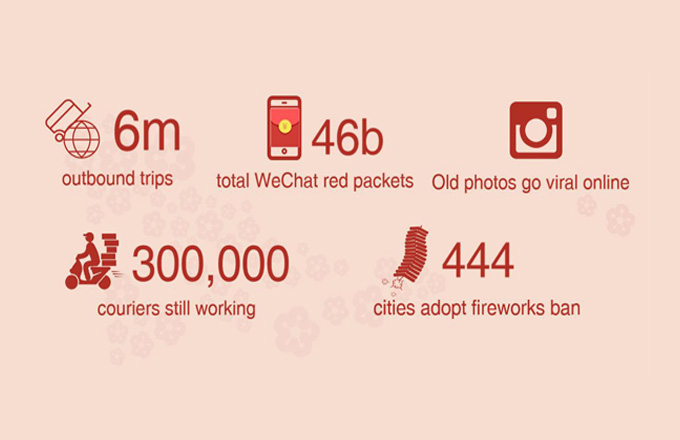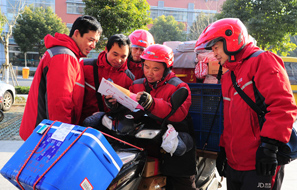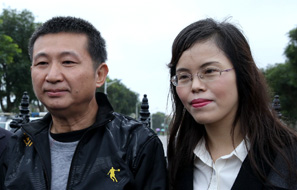Duplication cited in generic field
Problems like duplicate R&D and applications abound in the generic-drug field, according to a report issued by the country's drug evaluation center.
The center, under the China Food and Drug Administration, issued a report that noted a 30 percent rejection rate of all drug applications in 2012.
The center's major tasks include evaluation and supervision of human clinical trials of drugs for which government approval is sought.
The center has handled 6,916 applications for new-drug registrations, and the 3,323 applications that were approved cover mainly fields like cancer, cardiovascular disease, and vascular conditions, the report said.
Of all chemical-drug applications, generics accounted for 36 percent.
But more than 40 percent of the approved generic drugs already had production and marketing permits from other companies.
That means too many drug companies are allowed to make them, according to Sun Zhongshi, a professor with the national monitoring center for the rational use of medication under the National Health and Family Planning Commission.
China now has about 5,000 pharmaceutical companies on the mainland, far more than most industrial countries.
Many submitted generics applications that simply changed the dosage forms, resulting in repetition, Sun said.
The phenomenon demonstrates that the industrial capacity of the country remains limited, said Zhang Peipei, director of the center.
Sun agreed but pointed out that generics work well to satisfy clinical needs at more-affordable costs compared with new drugs.
Research and development of new drugs requires a huge investment and a lot of time, and also carries high risk, so domestic companies tend to avoid it, he added.
However, "the regulation and management of generics registration and production should be further strengthened", he said.
Currently, too many companies have production permits and some simply give up production due to low interest in the drugs.
Zhang said that China's drug authority had long encouraged research and development of new drugs. The efforts somewhat paid off with the constant increase in the number of such drug applications by domestic companies, she added.
Zhang said that in the past two decades, China's drug regulatory authority has gone through a systematic transformation to facilitate the approval of more new drugs.
For instance, the registration status of a new drug or new-drug application was defined clearly and publicized, so applicants enjoyed easy access to all information on how to proceed.
In addition, local branches of drug authorities were authorized to conduct preliminary approval procedures to enhance efficiency.
Meanwhile, special policies and measures were in place favoring new-drug candidates, she said.
"Like all other drug evaluation organizations worldwide, our center is committed to guarding and improving people's health," she said, adding that it also has to be reliable and up to international standards.
Principles guiding the work include quality, efficiency, transparency, consistence, and predictability, Zhang added.
Multiple factors such as effectiveness, clinical needs, affordability, potential risks, and quality have to be considered, she said.
"We need to strike a balance before drawing any conclusions," she said.
shanjuan@chinadaily.com.cn


